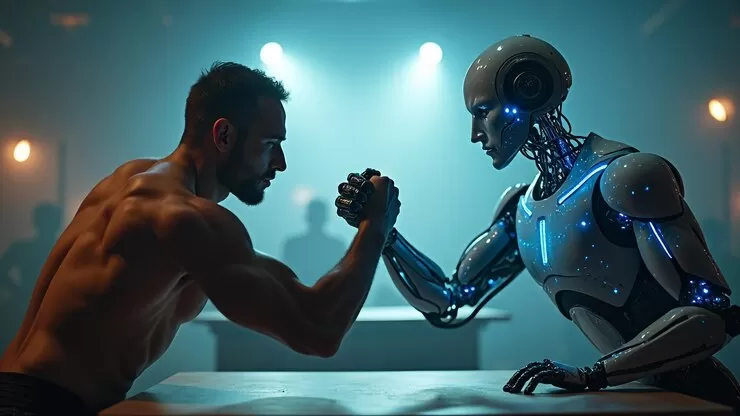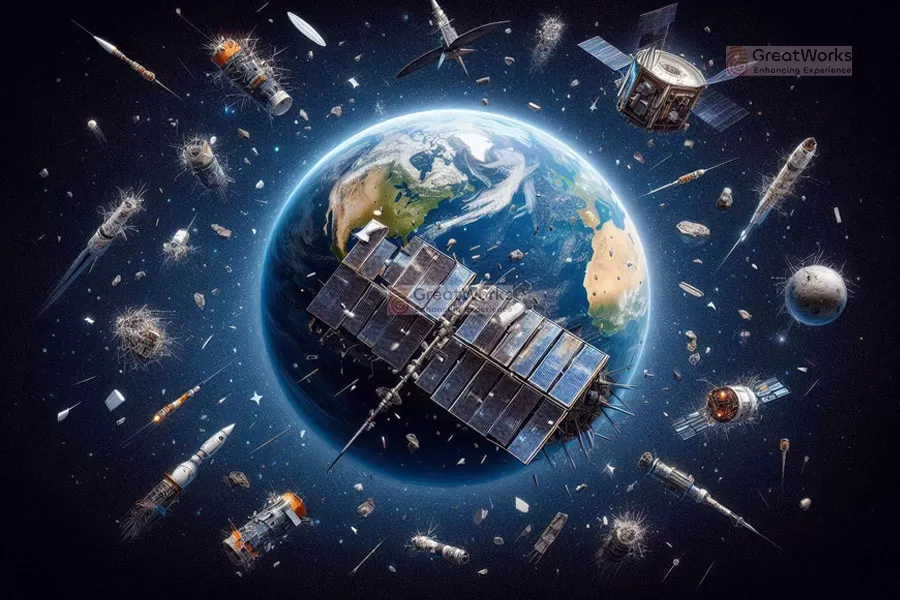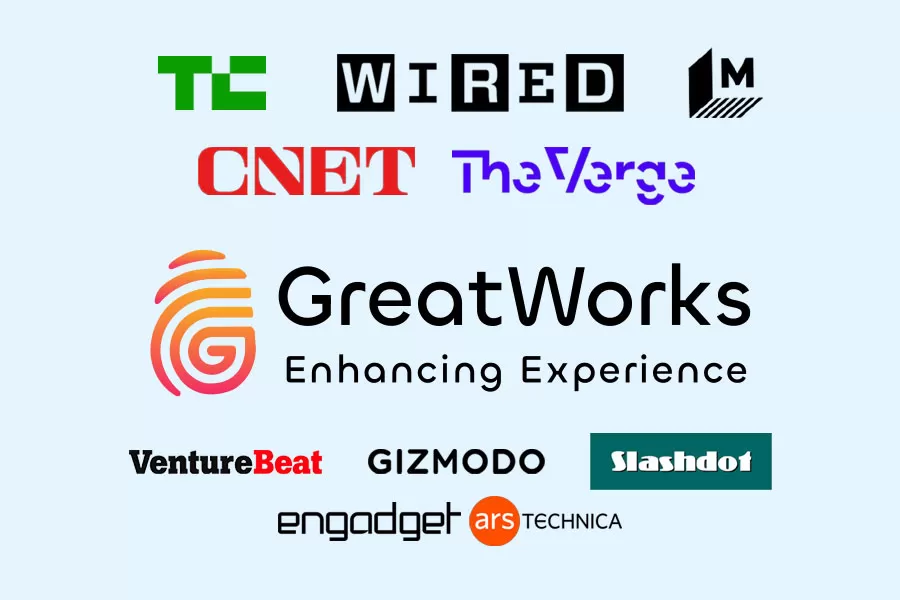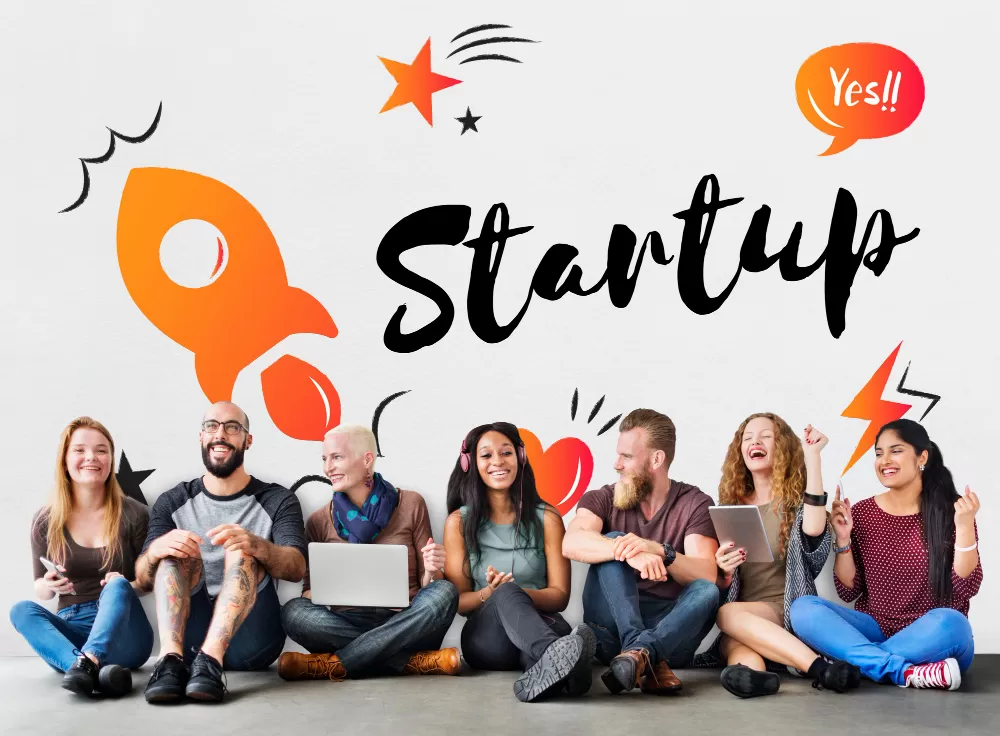
- Services .
- Industries .
- Company .
Explore detailed insights, expert opinions, and updates in our blog. Stay informed, discover new perspectives, and enhance your knowledge with every read.

Artificial Intelligence (AI) is advancing rapidly—handling customer service, writing content, diagnosing diseases, and even creating music. These capabilities have sparked a growing fear: Will AI replace all human jobs?
But there's a crucial difference between automating tasks and eliminating jobs entirely. In this blog, we’ll break down:
AI excels at:
✅ Source: McKinsey Global Institute (2023)
Only 5% of jobs can be fully automated with current technology. However, 60% of jobs have tasks that can be partially automated.
It’s true—some roles will shrink or disappear. But history shows technology often displaces and replaces with better jobs.
✅ World Economic Forum’s Future of Jobs Report (2023):
Despite major advances, AI cannot replace core human capabilities:
|
Human Trait |
Why AI Can't Replace It |
|
Creativity |
AI imitates, but doesn't imagine new ideas |
|
Emotional Intelligence |
AI lacks genuine empathy |
|
Critical Thinking |
AI depends on trained data |
|
Ethics & Morality |
AI has no conscience |
|
Adaptability |
Humans learn contextually and emotionally |
Instead of total replacement, the future is collaborative intelligence—humans and AI working together.
✅ IBM CEO Arvind Krishna (2024):
“AI will not replace people—it will replace jobs that can be broken into repeatable tasks. Human creativity and decision-making will remain irreplaceable.”
The idea that AI will replace all manpower is a myth—a dramatic oversimplification. In reality:
✅ Truth: AI will change the nature of work, creating a new era where tech and humans collaborate for greater productivity and innovation.

Space Debris Crisis: The Silent Threat Above Earth

Top Tech Blogs for 2025: Founders, Facts & Insights

Microsoft Azure Growth Forecast Boosts Stock 7%

Case Study: Salon App That Automated 80% of Bookings

Case Study: 250% Order Growth with Food App

Case Study: 3X Growth Using a Custom Mobile App

10 Website Mistakes That Hurt Your Business in 2025

How to Launch an App Successfully in 2025

Why Startups Need Custom Software in 2025

How Mobile Apps Drive Business Growth in 2025